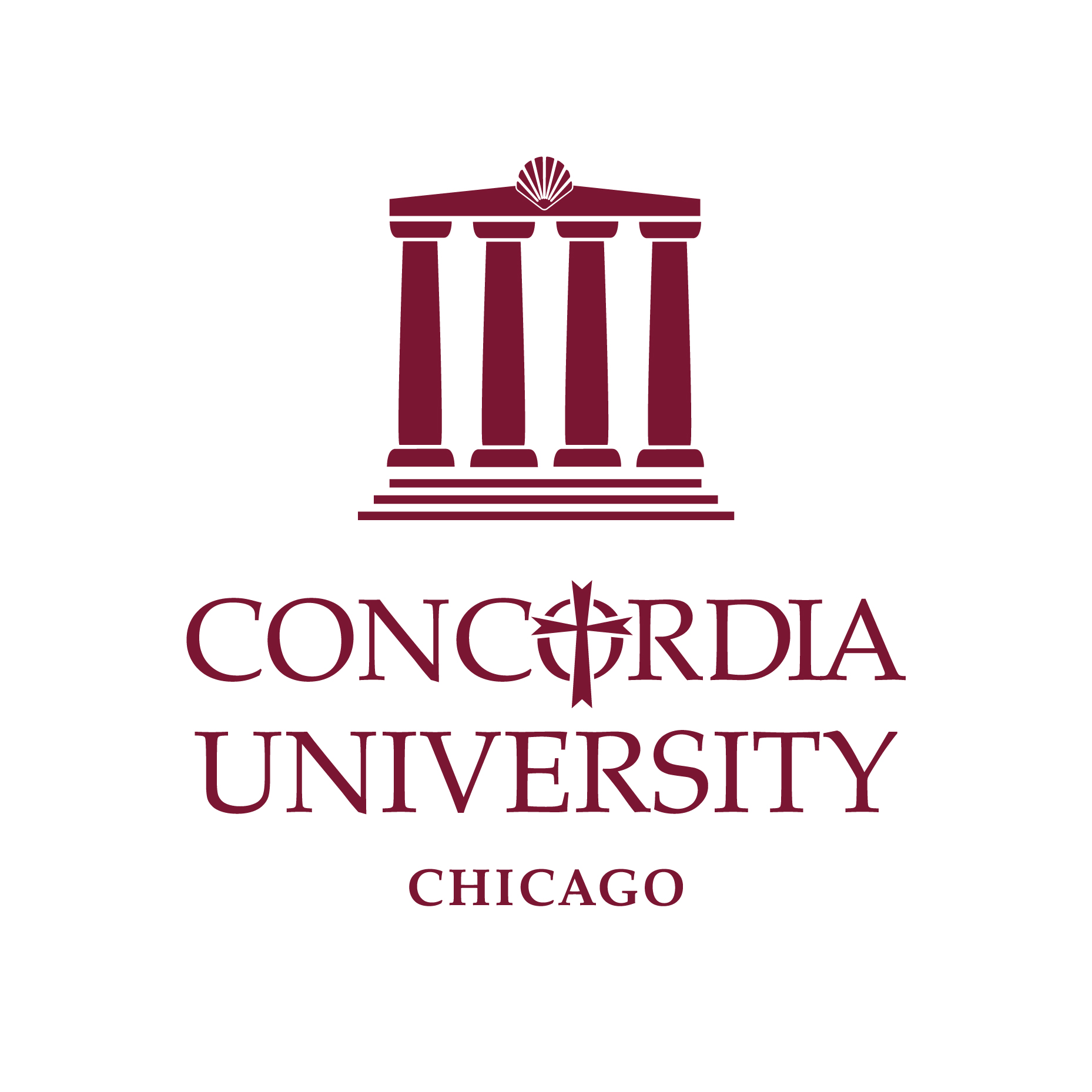Become an educational technology leader who can design and lead impactful initiatives to improve teaching and learning in an organization.
- Grow as a skilled scholar who can confidently apply theory and conduct research.
- Increase your technical expertise and develop professional competencies, that will enable you to design and implement new technology-enhanced programs.
- Prepare yourself for leadership roles within your organization, and open additional career advancement opportunities with your doctoral degree.
- Learn with highly experienced faculty with decades of combined experience in educational technology.
Study Format
- Online
Program Length
- 67 Credit Hours
Application Deadlines
Domestic Students
Summer 2024 Application Due | Classes Start May 6,2024
International Students
Summer 2024 Completed File Due | Classes Start May 6, 2024
Program Overview
The doctoral program in Educational Technology Leadership, develops technology leaders responsible for instructional design, human resource development, professional development, project management, and/or continuing education of employees. Graduates will be able to design, implement, evaluate, and manage educational technology programs for use in a variety of fields, including K-12 education, higher education, corporate training, medicine, and continuing education in professional settings.
The goals of doctoral study are to:
- Develop abilities for research and critical thinking in the field of educational technology on both a theoretical and practical level;
- Develop competency in technology program development, implementation, and evaluation;
- Improve the connection between technology and the teaching and learning process;
- Build a strong professional background in areas related to educational technology; and
- Support and lead reform and change efforts related to technology practices and human resource management.
The coursework, which is fully online, will assist in facilitating the exploration, discussion, and understanding of challenges and possibilities of educational technology in a variety of educational settings.
Leadership Foundations, Philosophy, and Ethics
FPR-7300 Philosophy of Scientific Knowledge
EDL-7140 Organizational Change
or EDL-7141 Organizational Change (non-PK-12)
EDL-7210 Policy Analysis
or EDL-7211 Policy Analysis (non-PK-12)
EDL-7300 Ethics for Educational Leaders
Educational Technology Core
EDT-7010 Theories in Educational Technology for Teaching and Learning
EDT-7030 Design of Learning Environments
EDT-7040 Human-Computer Interaction for Learning Systems
EDT-7060 Strategic Planning and Evaluation of Technology Programs
EDT-7070 Technology Leadership in Organizations
EDT-7080 Contemporary Issues in Technology and Instructional Design
EDT-7100 Data Management
EDT-7110 Technology Department Management
EDT-7120 Technology Policy Analysis and Development
EDT-7200 Issues in Technology Design and Management
Research and Statistics
RES-7605 Quantitative Analysis
RES-7700 Qualitative Research
RES-7800 Mixed Methods Research
RES-7620 Advanced Topics in Statistics
or RES-7710 Advanced Qualitative Analysis
Pre-Dissertation Research Design, Comprehensive Exam, and Dissertation
RES-7900 Research Design
COMP-7000 Comprehensive Examination
DISS-7010 Dissertation I
DISS-7020 Dissertation II
DISS-7030 Dissertation III
Total Hours 67
Notes:
Only credit earned beyond a student's first master's degree can be considered for transfer credit for this or any doctoral program at CUC.
Admission Counselor
Connect with your admission counselor.
